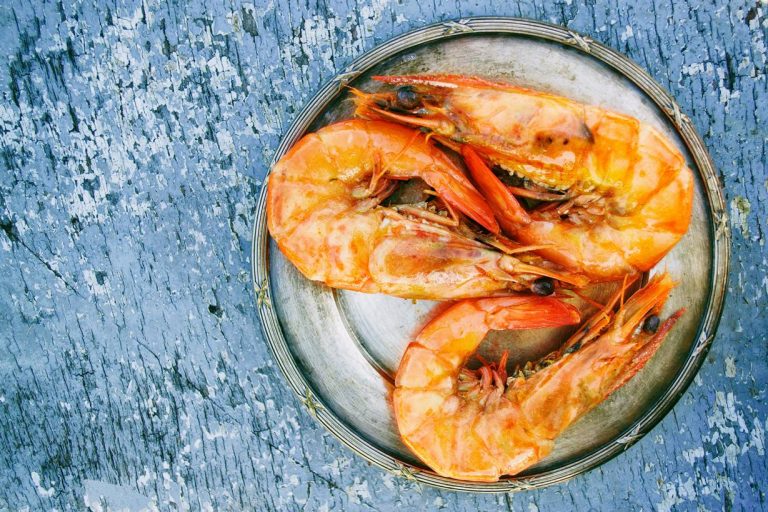While shrimp is known for its delicious taste and versatility in cooking, consuming it excessively may pose certain risks to your health. Eating too much shrimp can have various consequences that you should be aware of. Here are some dangers of eating too much shrimp and how to enjoy it responsibly.
1. High Cholesterol Levels
Shrimp is naturally high in cholesterol, with approximately 189 milligrams per 3-ounce serving. While dietary cholesterol alone may not significantly affect blood cholesterol levels in most people, individuals with existing heart conditions or high cholesterol levels should be cautious about consuming large quantities of shrimps.
Excessive intake of cholesterol-rich foods like shrimp may contribute to increased LDL (bad) cholesterol levels and raise the risk of heart disease over time.
2. Allergic Reactions
Shrimp allergy is one of the most common food allergies worldwide. It affects both children and adults. Consuming too much shrimp increases the risk of exposure to allergies and may trigger allergic reactions in susceptible individuals.
Symptoms of a shrimp allergy can range from mild itching and hives to severe respiratory distress and anaphylaxis. If you are known with shrimp allergies, you should avoid shrimp altogether to prevent adverse reactions.
3. Environmental Contaminants
Shrimp may be exposed to environmental contaminants such as heavy metals, pesticides, and microplastics, which can accumulate in their flesh.
Overconsumption of contaminated shrimp may expose you to harmful toxins that can adversely affect your health, including disrupting hormonal balance, impairing immune function, and increasing the risk of certain cancers.
4. Hypertension
Shrimp, particularly when prepared in certain ways such as deep-frying or heavily seasoned with salt, can be high in sodium. Excessive sodium intake can lead to hypertension, fluid retention, and cardiovascular problems, especially in individuals with hypertension or kidney issues.
Choosing shrimp dishes prepared with minimal added salt and avoiding heavily processed shrimp products can help reduce sodium intake.
5. Digestive Issues
Eating too much shrimp, especially if it’s fried or heavily seasoned, may lead to digestive discomfort such as indigestion, bloating, gas, and diarrhea.
The high-fat content in fried shrimp dishes can be harder to digest and may cause gastrointestinal distress in some people.
To enjoy shrimp responsibly and minimize potential health risks, it’s essential to practice moderation in your consumption and opt for healthier preparation methods such as steaming, or grilling with minimal added fats and seasonings.
